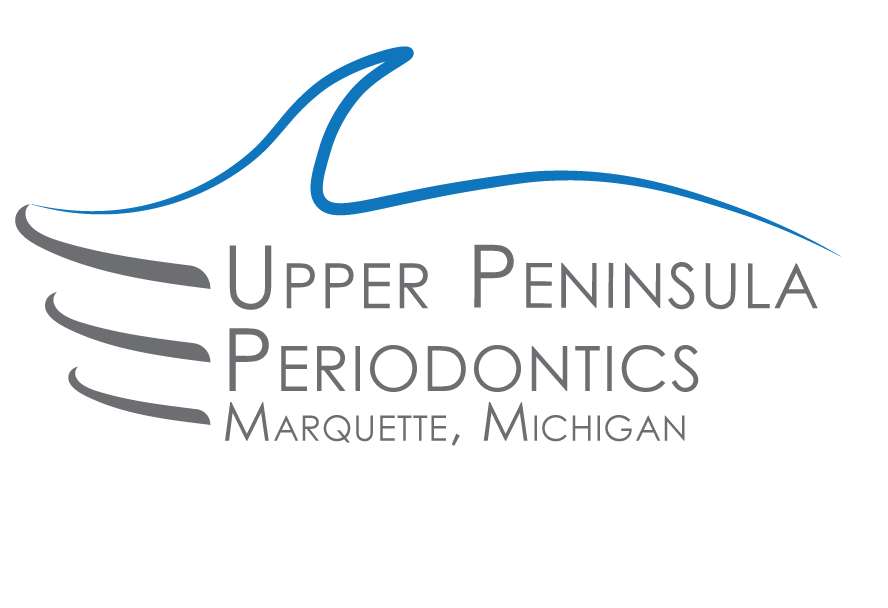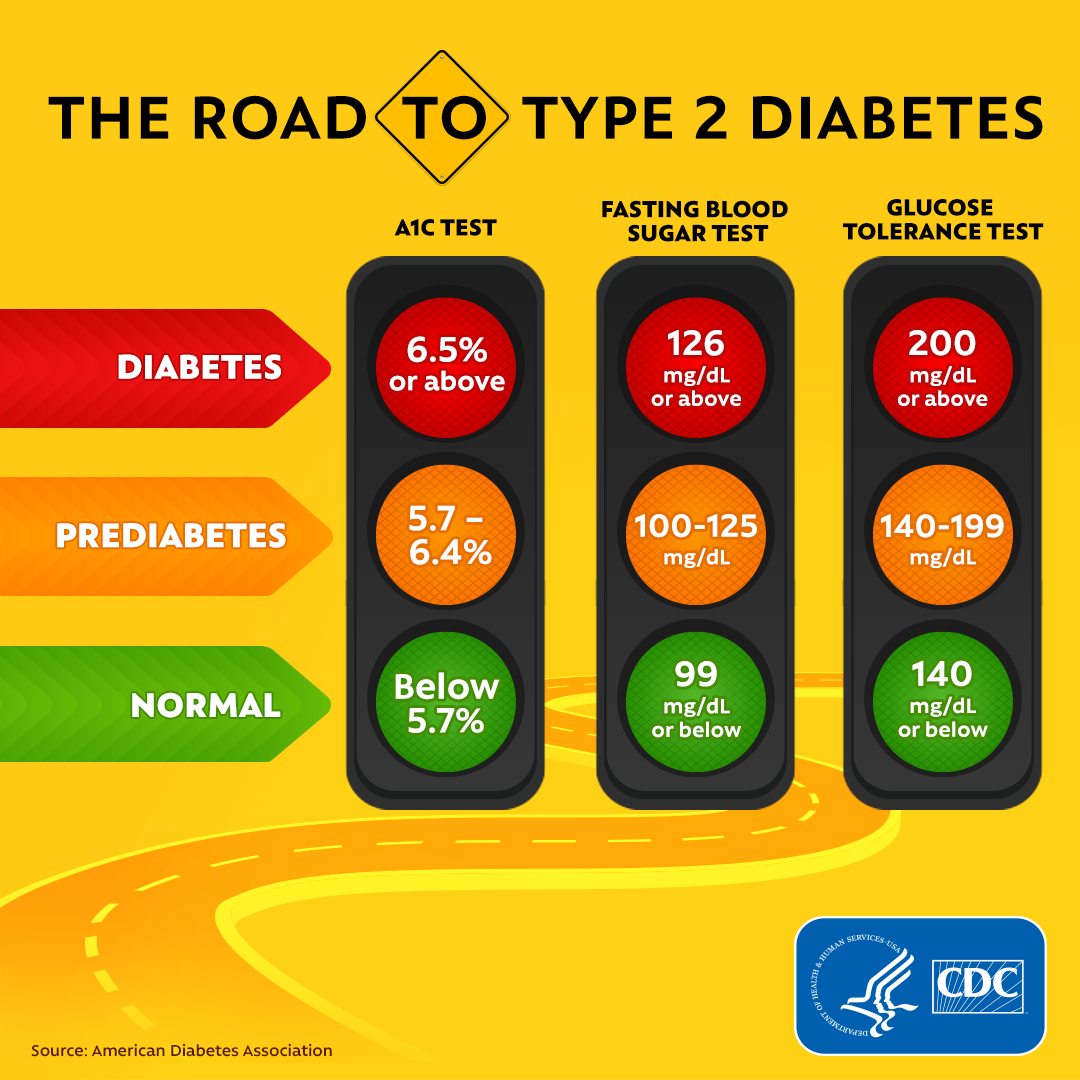February is pediatric dental health month. Here are some points to consider for parents and caregivers of infants and young children from the Centers for Disease Control and Prevention.
P-E-A-R-L-S of Wisdom
Protect tiny teeth - by caring for your mouth when you’re pregnant. Your child’s future oral health starts with you.
Ensure to wipe your baby’s gums after each meal.
Avoid putting babies to bed with a bottle.
Remember to brush your child’s teeth twice daily with fluoride toothpaste. For children younger than 2 years, consult with your dentist or doctor about when to start using fluoride toothpaste.
Limit drinks and food with added sugars for children. Encourage your child to eat more fruits and vegetables and have fewer fruit drinks, cookies, and candies. This gives your child the best possible start to good oral health.
Schedule your child’s first dental visit by their first birthday or after their first tooth appears.
https://www.cdc.gov/oralhealth/publications/features/childrens-dental-health.html
A healthier smile starts with you.
Take control of your dental health.
We are here to help.




